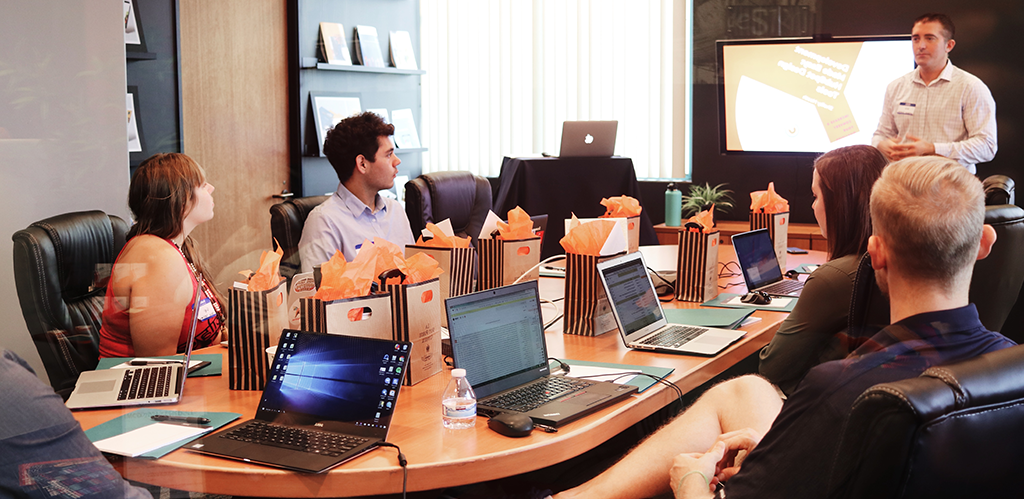
Giving and receiving feedback is a powerful leadership behaviour that all leaders should practice. By getting feedback from other leaders can gain perspective about themselves that can not only be seen by others. Feedback from others can provide a leader with the opportunity of improving themselves, live up to the values of a business and allow them to change their behaviour to get a more positive response from others. However, it should not stop with leaders this should extend to team leaders too. How can leaders create an environment that starts a conversation within teams and results in them learning how to give feedback to each other?
In Patrick Lencioni’s book, The Five Dysfunctions of a Team, we learn how the actions of individual and collective team members – lead to conflict, lack of commitment, lack of accountability to each other, and ineffective results, usually grounded in a lack of trust. If team members would just talk to each other – they would learn how they can work more cohesively together (Lencioni, 2002).
Be ok to show your weaknesses, be vulnerable and open with each other. Stop defensive behaviour and ask for help or offer to assist someone who needs help. Share your knowledge and experience and take time to develop insight into the distinctive characteristics of other team members.
If you do not trust your team you will be incapable of having an unfiltered, passionate debate about things that matter to the business. This will result in the team appearing to be in harmony because they are trying to avoid conflict. This is a risk for the business as it could result in people being fearful of expressing their opinions and result in poor decisions being made. Conflict can be productive if it is done in a constructive trusting environment.
If you cannot debate matters in a team, it will be difficult for team members to be committed to decisions that are being made. They will avoid conflict and you will create an environment of doubt within your team. People tend to buy into something when they are heard and feel included.
If you want people to be accountable they have to be committed to what you want them to achieve. People are not likely to hold each other accountable if they haven’t clearly bought into the plan. It is the responsibility of each team member to hold each another accountable and to accept accountability in return. In order to hold people accountable, they need a clear understanding of your expectations, their role and the deadlines.
Results orientated team place the team and business success as a priority. Teams need to foster an environment where the best interests of the team are placed above the best interests of individuals. Overcome this by making the results clear and rewarding teams for their contribution to the success.
It is a leaders role to set an example, to create an environment of openness, trust and to constantly ask for and provide clear feedback.
It is also key for a leader to be comfortable to show their vulnerabilities, encourage debate, manage conflict and set clear expectations, objectives and deadlines. By getting feedback from others leaders can gain perspective about themselves.